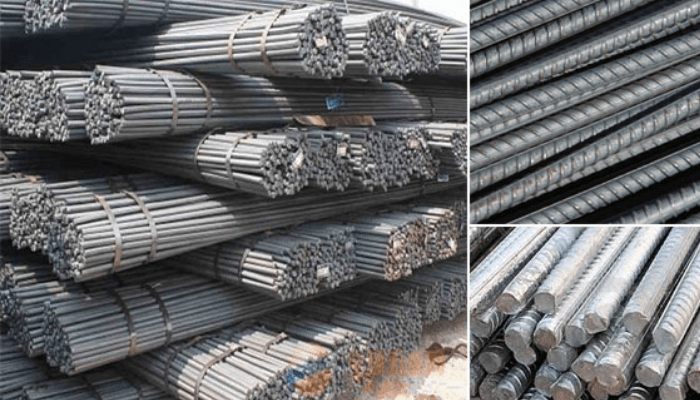Two decades after failed privatisation turned Nigeria’s once-thriving steel plants into rusting monuments, the Federal Government is launching its most ambitious revival plan yet — one it says could end the country’s $4.5bn annual steel import bill, create half a million jobs, and restore a key pillar of economic sovereignty.
President Bola Tinubu, speaking through Vice President Kashim Shettima at the first-ever National Steel Stakeholders’ Summit in Abuja, described the steel sector as “the very foundation of industrial growth, job creation, and sustainable development” — and warned that Nigeria’s dependence on imported steel is both an economic liability and a strategic risk.
“Steel is more than an industrial input,” Tinubu said. “It is the material expression of national strength. How can we build, manufacture, or defend ourselves without it?”
The plan’s centrepiece is the long-delayed operationalisation of the Ajaokuta Steel Company and the National Iron Ore Mining Company in Itakpe. The government is conducting a full technical and financial audit — already approved by the Bureau of Public Procurement — before selecting a core investor. Proposals are on the table from Russia’s original builders, Tyazhpromexport, and new contenders from China, with a decision expected soon.
Beyond Ajaokuta, the strategy includes reviving moribund assets such as the Delta Steel Company in Aladja, with rehabilitation work targeted to start within 18 months, and attracting new investments like a $400m Stellar Steel plant in Ogun State. Plans are also underway for scrap aggregation hubs across all geopolitical zones to feed domestic production and curb infrastructure vandalism.
The push is backed by a 10-year roadmap to achieve 10 million tonnes of liquid steel annually by 2030, supported by tax holidays, duty-free equipment imports, and a mandate that at least 30% of steel for government projects be sourced locally.
The government is betting that a reindustrialised steel sector will do more than supply raw material for construction and manufacturing — it will anchor defence production, power industrial parks, and feed a growing minerals-based economy that already includes $600m lithium and $200m gold processing facilities under construction.
Senate Steel Committee Chair Patrick Ndubueze urged stakeholders to view the summit as a decisive break from decades of missed opportunities:
“This must be a turning point — the moment we reclaim Nigeria’s place as Africa’s industrial powerhouse.”
If the targets are met, Nigeria could move from a steel-dependent importer to a regional exporter, laying down not just metal, but the infrastructure of economic independence.


